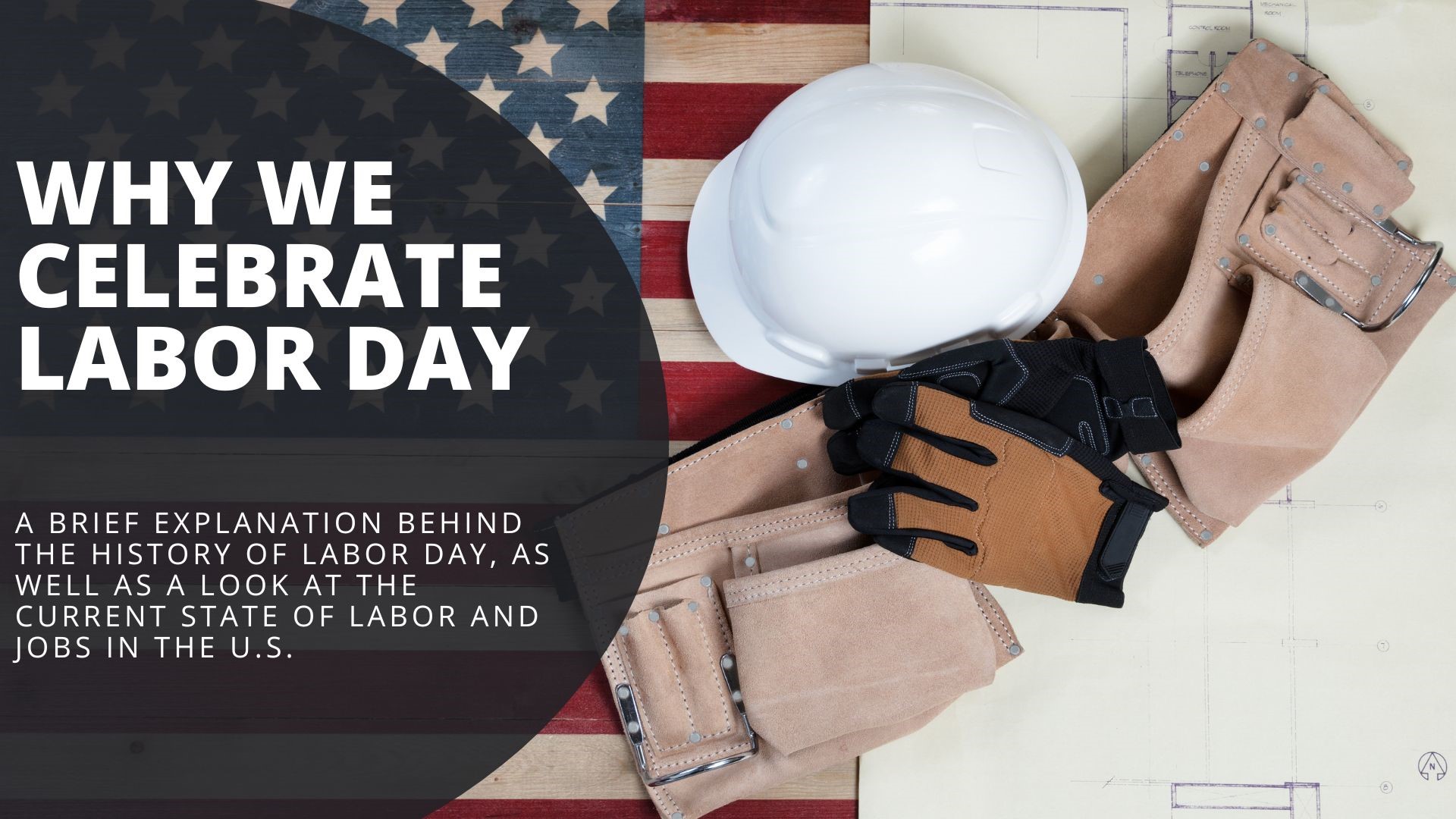HARRISBURG, Pa. — The Shapiro Administration recognized Labor Day by reminding children and employers that child labor laws must be followed.
Pennsylvania Department of Labor & Industry (L&I) secretary Nancy Walker committed to making child labor law violations a priority upon taking office in January. L&I today announced it has seen a dramatic increase in Pennsylvania Child Labor Act cases referred to the Department for investigation. Since January, L&I has opened 403 child labor investigations compared to 107 cases during the same time period last year – a 276% increase.
"While we can only speculate on the reason for such a surge in child labor cases, this is a concerning trend involving Pennsylvania’s most vulnerable workers,” Walker said. "I want teens, parents, school employees, co-workers, local law enforcement and the general public to know that L&I investigates all potential violations of the Child Labor Act. I want employers to know that we will hold you accountable if we determine that a violation has occurred."
Walker encourages all employed minors to familiarize themselves with Pennsylvania's Child Labor Act. It protects the health, safety and welfare of minors employed in the Commonwealth by limiting employment in certain establishments and occupations, restricting the hours of work, regulating work conditions and requiring work permits for children hired to fill a position. The Fair Labor Standards Act (FLSA), the federal child labor law, also applies in Pennsylvania. Where the laws overlap, the most protective standard applies, L&I said.
These protections are especially important during the school year, when the Child Labor Act becomes more restrictive in order to protect students' studies.
Pennsylvania's Child Labor Act has distinct provisions for minors in three age categories: under 14, 14-15, and 16-17. All minors under 16 must have a written statement by their parent or guardian acknowledging the duties and hours of employment and granting permission to work, L&I said. Minors are also required to obtain a work permit from their school district’s issuing officer.
Except for minors who work in newspaper delivery, no minors may work more than six consecutive days. In addition, all minors must be provided a 30-minute meal period on or before five consecutive hours of work. Full- or part-time minors must be paid at least minimum wage, which is currently $7.25 per hour for non-tipped workers.
Under-14 Work Restrictions
Children under age 14 may not be employed in any occupation; however, they are permitted to work on a family farm or in domestic service, such as babysitting, or performing yard work or household chores. Other exceptions are made for caddies, newspaper carriers and – with special permits – juvenile entertainment performers.
14-15-Year-Olds Work Restrictions
When school is not in session, 14 and 15-year-olds may only work between 7 a.m. and 9 p.m. and no more than eight hours a day, or 40 hours a week. For some occupations, such as newspaper delivery, caddies, and some farm work, different standards may apply.
When school is in session, 14 and 15-year-olds may only work between 7 a.m. and 7 p.m. and no more than three hours a day on school days or 18 hours per school week. Different standards may apply for non-school days.
16-17-Year-Olds Work Restrictions
When school is not in session, 16 and 17-year-olds may only work between 6 a.m. and 1 a.m. and no more than 10 hours a day, or 48 hours a week. Employers may not compel minors in this age group to work beyond 45 hours a week.
When school is in session, 16 and 17-year-olds may only work between 6 a.m. and 12 a.m. and no more than eight hours a day on school days, or 28 hours per school week. Different standards may apply for non-school days.
Prohibited Occupations for all Minors
Minors of all ages are prohibited from obtaining employment in an establishment designated as hazardous – a provision under the FLSA and its regulations. Occupations deemed as hazardous or that require the use of dangerous equipment, weapons or devices, include the following:
- Crane operation
- Electrical work
- Excavation
- Roofing
- Woodworking
- Wrecking and demolition
- The full list of prohibited occupations can be found here.
Anyone who believes their or another person's rights have been violated can file a report online.

